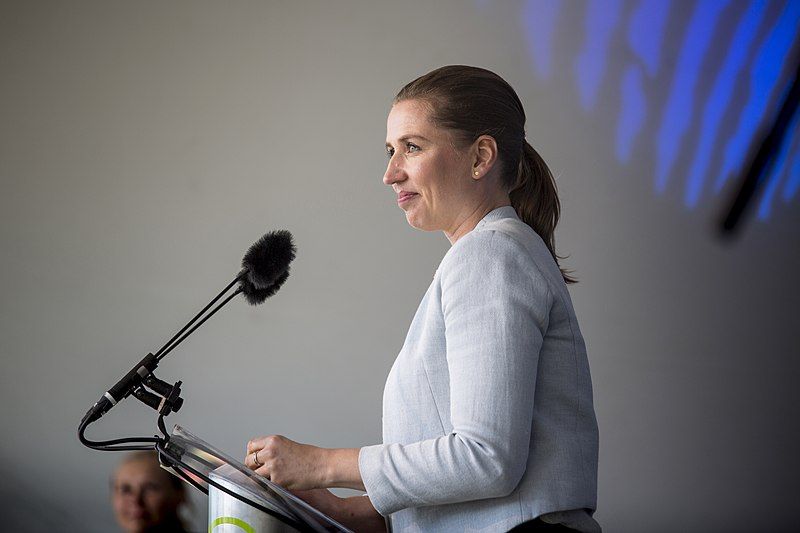Socialdemokratiet are the bookies’ favourites to form a government following the next general election, which will take place no later than June 2019.
And yesterday, Denmark’s biggest opposition party took what it hopes will be a giant step towards achieving that goal by proposing a complete overhaul of the current asylum process.
The new policy, entitled ‘Retfærdig og Realistisk’ (fair and realistic), will seek to put a ceiling on both asylum and family-reunification approvals – as agreed each year by Parliament – whilst adhering to UN refugee quotas.
No more applications in Denmark
According to plans outlined by party leader Mette Frederiksen, asylum-seekers will no longer be able to apply in Denmark, thereby lessening the incentive to travel across treacherous waters and all the way across Europe.
Instead the application will need to be made at a centre in another country – north Africa has been mentioned as a possible location.
Accordingly, asylum-seekers will no longer be able to await the result of their application in Denmark.
Taking back control
“If we are being honest, we only help a few of the world’s refugees when we help them in Europe,” Frederiksen told DR. “We will be standing for election with this, and I hope the Danish people show their support for such a strong mandate.”
Frederiksen sees no hope for the integration process unless the numbers can be reduced, and she also envisages a threat to the Danish welfare system, and society as a whole.
“More have come than we have been able to effectively integrate,” she said. “We will take control back and dare to decide for ourselves how many we can successfully integrate.”














